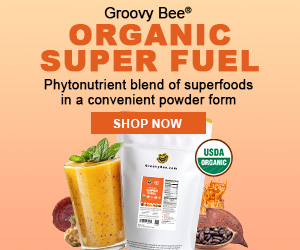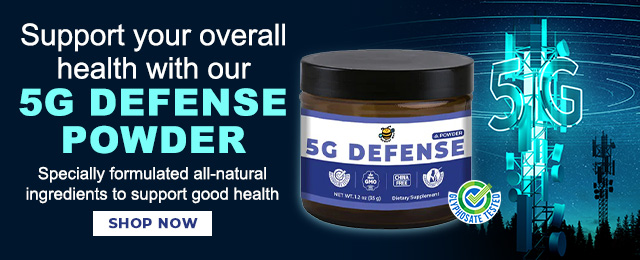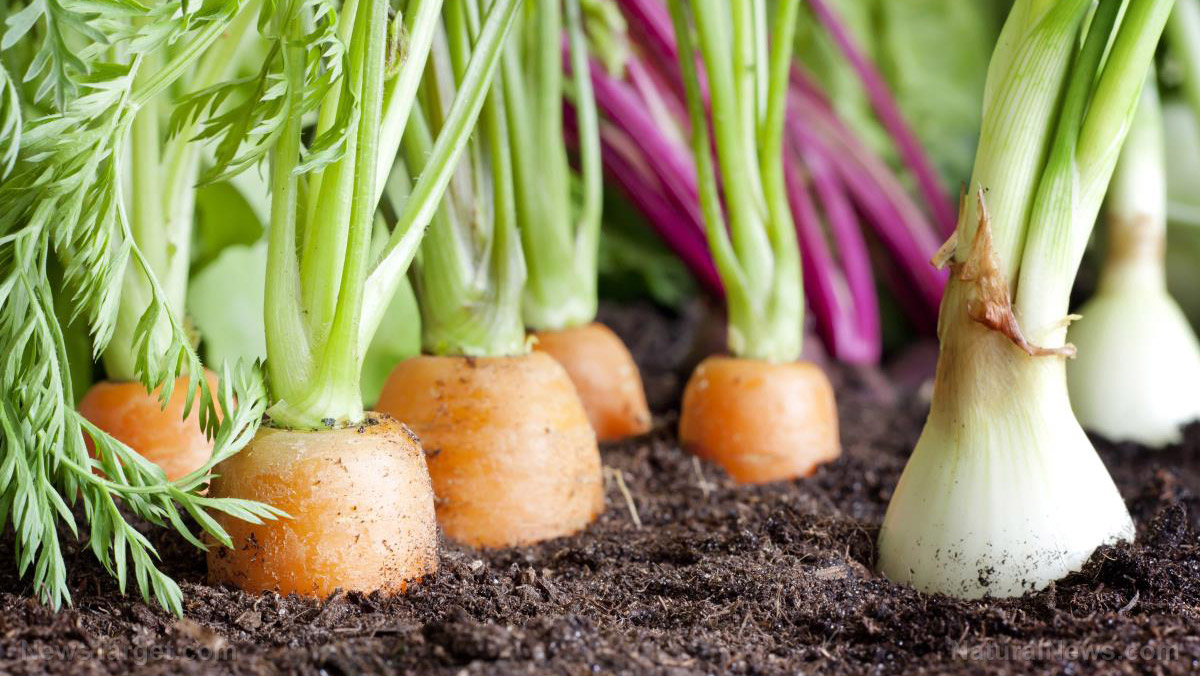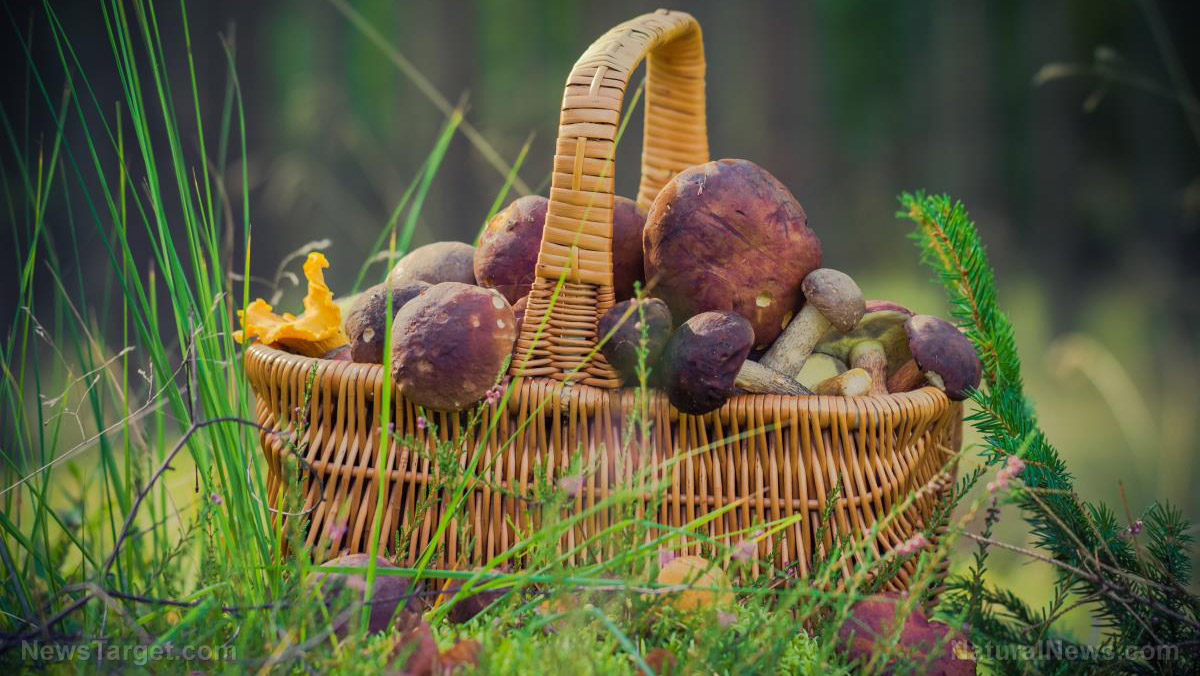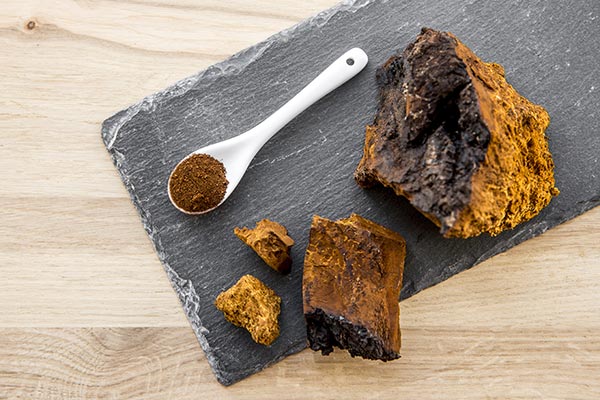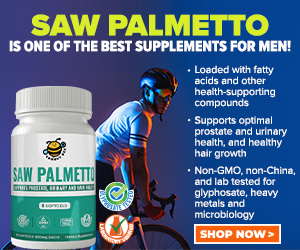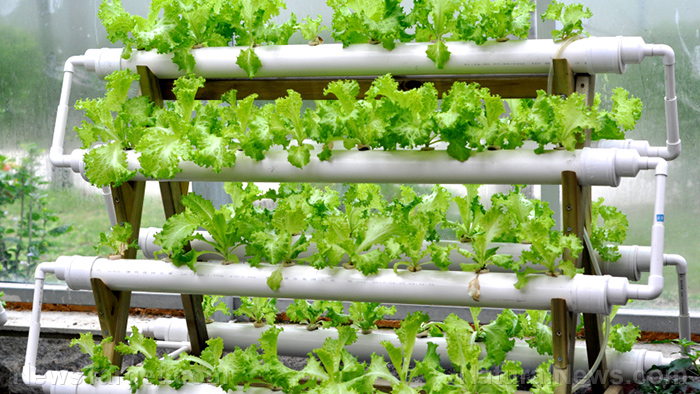
Hydroponics is a form of soil-less gardening or farming that makes economical use of space and resources. In the traditional farming system, plants depend on the soil for the nutrients they need. In contrast, hydroponics provides all of those nutrients minus sunlight, soil, intensive labor and more!
These features make hydroponics an ideal gardening method for those living in cities with little to no access to green space outdoors. Also, experts agree that growing plants indoors with nutrient-rich water and artificial light produces healthier plants than the standard method of growing plants outdoors in soil.
The many benefits of hydroponics
If you’re looking to maximize your indoor planting space, then a hydroponic garden could be just the thing you need. Read on to learn more about the advantages of hydroponics over the standard method of gardening.
You need less space
Plants grown in soil need to spread their roots in order to absorb water and nutrients. This means crops must be planted a certain distance apart from each other, which eats space fast.
In contrast, hydroponic systems don’t need a lot of space because the nutrients are delivered directly to the plants. In fact, plants grown hydroponically require 20 percent less space than plants grown in soil.
Because hydroponics produce healthier plants, it makes sense that the plants produce a greater yield as well. Put simply, healthier plants and more efficient use of space ensures a good harvest after each growing season.
You don’t need soil
It might not seem like it at first glance, but soil greatly limits food production for many people. For one, people living in rocky regions or near deserts are restricted by limited arable land. Moreover, soil conditions also limit the kind of crops they can plant.
Hydroponics eliminates all of those soil-related problems and greatly increases the possibilities for cultivation in areas that have limited arable land. Your crops are also never at risk of soil erosion, and you’ll never have to struggle to adapt to unfavorable soil conditions in any given area.
You conserve water
While it’s true that hydroponics relies on water, it still conserves far more water than gardening with soil. This is because excess water used is recirculated for later use. Plants grown using this system are also able to thrive with just five to 10 percent of the water needed when gardening with soil.
You have total control over climate
In the usual method of gardening, your crops are at the mercy of the elements. Taking care of them is also no guarantee that they’ll last the entire season, let alone produce a good harvest.
In contrast, hydroponics gives you free rein over climate, temperature, humidity, “sunlight,” the composition of the air and many more! This form of manipulation more than guarantees your plants are healthy and yield large harvests.
It also expands the kinds of crops you can plant. With hydroponics, you can plant even those crops that were not initially ideal for the climate in your area. Plus, you no longer have to wait entire seasons to plant certain seasonal crops.
Your plants grow faster and larger
Since plants don’t have to spread out their roots in search of nutrients, they can invest more energy in growing. Pesky, soil-borne diseases, which can negatively affect plant growth, aren’t an issue in hydroponics either.
You’re also in charge of the nutrient balance. In hydroponics, you “feed” plants a nutrient solution mixed with water. One benefit this has is you get to quickly detect any deficiencies your plants may be suffering from and easily address them. You no longer have to mess with fertilizers as well.
You have more control over pH levels.
Soil pH is important because it dictates how well the plants are able to absorb the nutrients they need for good growth. Hydroponics makes it easier for you to ensure that the optimal pH level is maintained at all times.
If you’re taking care of several plants that require different optimal pH levels, just change the pH level of each nutrient solution. Healthy pH levels range from 5.5 to seven, but some plants may favor acidic conditions.
No more weeds or pests.
Weeds are a gardener’s worst nightmare. Besides competing with crops for soil nutrients, weeds also take up space, which can make it harder for plants to flourish. Because hydroponic systems don’t use soil, they aren’t habitable for weeds. Plants are also less susceptible to pests, being grown indoors.
It is less labor-intensive.
Whether for domestic or commercial use, setting up a hydroponic system undoubtedly costs more than a dirt garden. However, you’re sure to reap the benefits of it in the long run. For one, you no longer have to prepare the soil for each growing season. This means no more pulling weeds, laying mulch and tilling the soil.
Hydroponics is a smarter and more efficient method for planting food. By controlling the environment, you get to give your plants the exact nutrients and conditions they need in order to produce a good harvest.
Sources:

